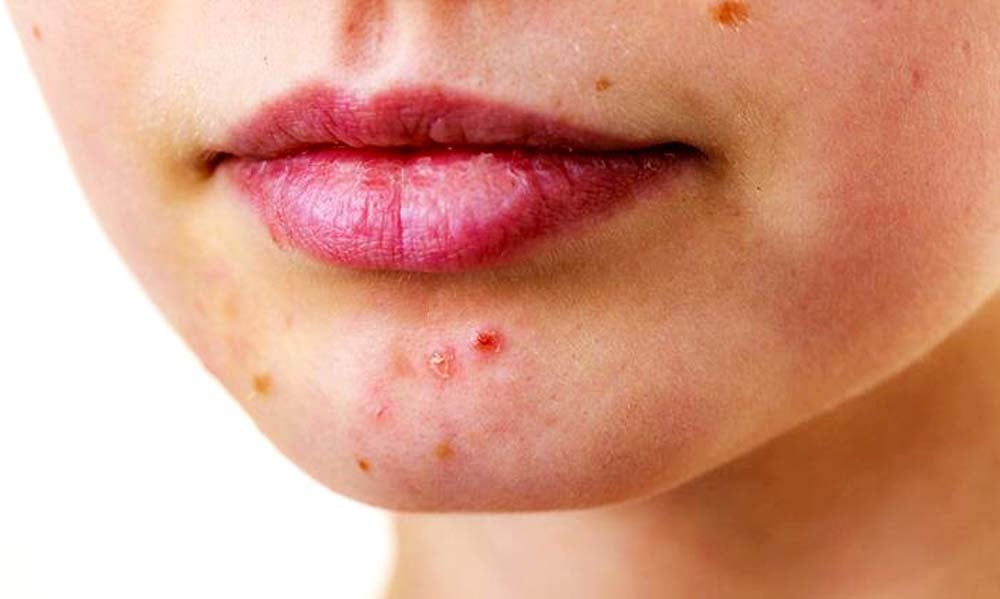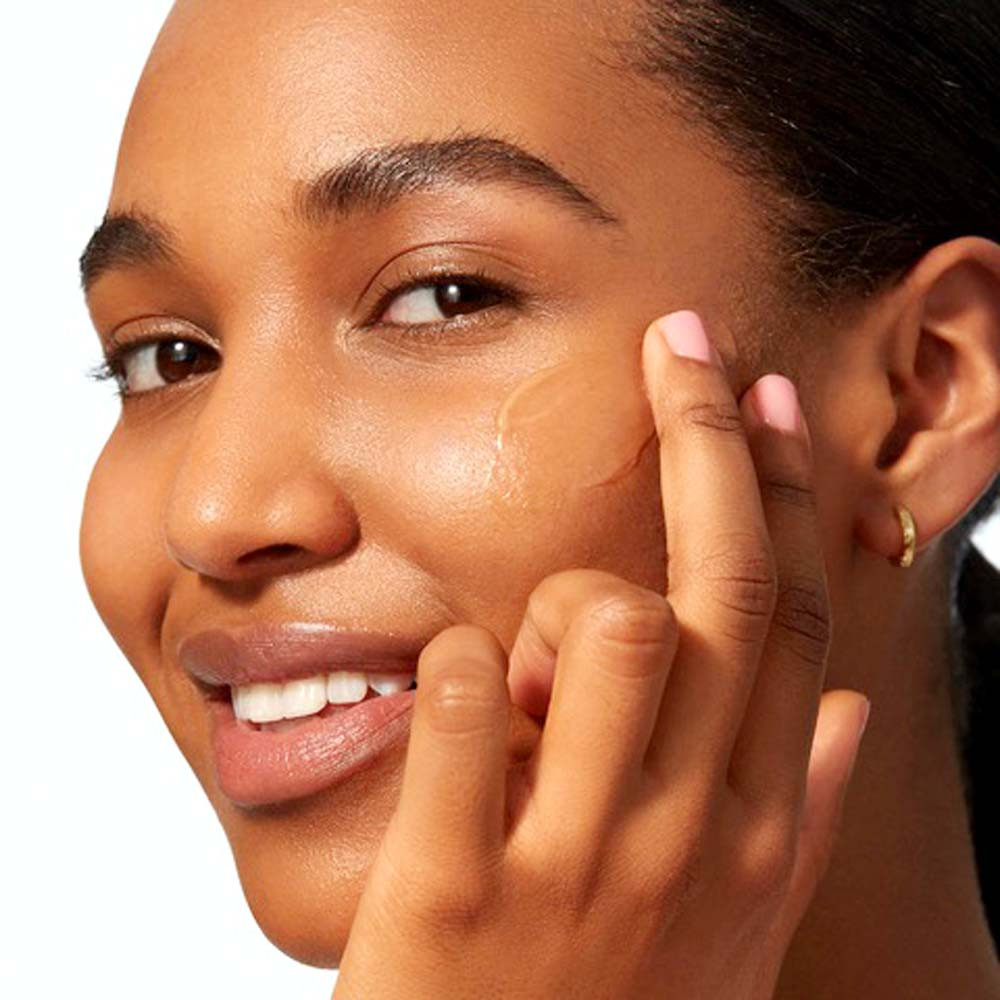PHOTO: TELEGRAPH
PUBLISHED
December 18, 2024
Yes, stress can lead to wrinkles.
“Stress does contribute to wrinkle formation in the skin through various pathways,” says Dr. Annie Chiu, a board-certified dermatologist.
The Derm Institute
“The most prevalent is that stress increases baseline cortisol levels in the body, which triggers a breakdown of collagen and elastic tissue, leading to thinning skin and wrinkles. Recurrent facial expressions we make because of stress in the forehead and between the brows (the so-called ‘worry lines’) can also lead to etching of these worry lines.” Dr. Jason B. Diamond, a board-certified plastic surgeon, explains that “with time, this depletion [of collagen and elastin] causes the formation of wrinkles. More stress = more wrinkles.”
Stress can also contribute to wrinkles in less obvious ways. “Stress can cause us to engage in behaviors—such as drinking alcohol, vaping, eating poorly, etc.—which negatively impact the skin,” says Dr. Diamond.
Stress and Other Skin Conditions
In addition to wrinkles, stress also worsens other skin conditions. “Stress and increasing cortisol levels worsen pre-existing inflammatory skin conditions such as eczema, psoriasis, and acne. Stress has been shown to increase transepidermal water loss [loss of moisture through the skin], leading to more dehydrated skin,” explains Dr. Chiu.

Dr. Diamond adds, “Stress can also cause an inflammatory response in the body, which is why you will often hear of ‘cortisol bloat’—people who feel that they carry weight around the abdomen due to high stress levels. The same happens to the skin because inflammation increases oxidative stress which inhibits our skin’s natural ability to repair and regenerate.”
Preventing Stress Wrinkles

Fortunately, there are ways to reduce stress and minimize its effects on our skin. Dr. Diamond emphasizes that managing stress is “essential for skin health, beauty, and overall health.” He suggests a holistic approach, including stress management, proper diet, exercise, limiting alcohol, smoking, and unprotected sun exposure, getting 8-10 hours of sleep each night, and drinking enough water. Dr. Chiu agrees, recommending meditation to help manage stress and benefit the skin.
Additionally, there are treatments to address stress-induced wrinkles. “Decreasing repetitive movement that creates wrinkle etching over time with neuromodulators, like Daxxify, can also directly address stress-related frown lines,” says Dr. Chiu. Dr. Diamond advises adopting a “preventative skincare routine.”
Treating Stress Wrinkles
Beyond preventative measures, treatments can help reduce existing wrinkles. “Anti-aging skincare ingredients like retinoids, SPF, and vitamin C all can improve the preservation of collagen and elastic tissue in the skin,” says Dr. Chiu.

Dr. Chiu also mentions neuromodulators that “slow down the repetitive crunching of ‘worry lines’ and thus can reduce and prevent etching and long-term formation of these wrinkles.” Other treatments, like microneedling, laser resurfacing, and chemical peels, can also improve the appearance of fine lines and wrinkles.
Dr. Diamond emphasizes the importance of a consistent skincare regimen, saying, “Doing your part daily with your skincare regimen [by] using scientifically-backed, clinical-grade products with sunscreen is a big part of making whatever you are doing at your plastic surgeon’s office work.”
Taking a Holistic Approach
While skincare treatments are effective, both experts highlight the importance of overall wellness. Dr. Chiu explains, “Healthy living (factors like eating a healthy, well-rounded diet, avoiding smoking, and managing stress and sleep well in your life) will result in less cortisol-induced breakdown of collagen, as well as decreased systemic inflammation—all of which will holistically result in both improved overall health and healthier, more youthful appearing skin.”

Dr. Diamond shares his personal wellness routine, which includes daily meditation to help regulate emotional responses to stress and “a meal preparatory service that measures my protein intake to ensure I am eating optimally for my age, weight, and body type.” He notes that what we eat has a “significant effect on our beauty and skin health.”
The Final Takeaway
Both doctors agree: stress can directly and indirectly cause wrinkles. While treatments are available to help reduce and prevent these wrinkles, addressing the root cause—stress—is the most effective way to improve your skin and overall well-being.







